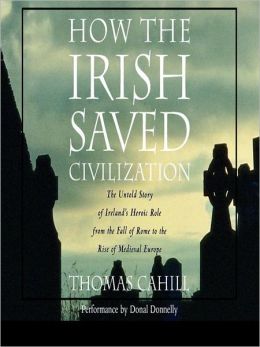
Since today is the Autumnal Equinox, I thought I would have a post on the seasons. Genesis 1:14 states that God made the seasons, "And God said, “Let there be lights in the expanse of the heavens to separate the day from the night. And let them be for signs and for seasons, and for days and years". Ecclesiastes 3:1 states, "For everything there is a season, and a time for every matter under heaven"
The name of “Autumn” came to English via the Old French “autompne”, meaning "autumn". This in turn came from the Latin “autumnus”, also meaning “autumn”. From here things get murky, but it’s thought “autumnus” probably came from an Etruscan word and is possibly related to the Latin “augere” meaning “to increase”. Beyond that, nobody is quite sure why the season was originally called that.
Calling the season “autumn” in English first popped up in the 12th century, though was a rarity until around the 14th century. It then began to pick up steam and became common in the 16th century, about the same time calling it “fall” popped up as the name for the season. Before calling the season “autumn” or “fall” in English, it was called “harvest”.
The origin of the alternate “fall” as a name for this season is not actually known, although it’s thought that it probably came from the idea of leaves falling from trees. Maybe even as a shortening of the English saying “fall of the leaf”. Its first use as a name for the season was in the later 16th century in England and became particularly popular during the 17th century, at which point it made its way over to North America.
Funny enough, calling autumn “fall” in England has since passed out of widespread practice, but has survived as a common name for the season in North America. This is not unlike how “soccer” was originally one of the most popular names for the sport in England around its inception and a long time after, which spread to North America, only to have the name die out in England, leading many to believe “soccer” is an “American” name for the sport, rather than one of the original names for it in England.
“Winter” derives from the Proto-Germanic wentruz, meaning "winter". This in turn probably comes from the Proto-Indo-European (PIE) wed, meaning “wet”. Alternatively, it may come from the PIE wind-, meaning “white”. Either way, the Proto-Germanic wentruz gave rise to the Old English “winter” as the fourth season of the year and the name for the season has stuck around ever since.
“Spring”, referring to a season rather than the many other meanings of the word, first popped up in the 16th century. Starting in the 14th century, this time of year was called “springing time” and then in the 15th century this got shortened to “spring-time”, and then further shortened in the 16th century to just “spring”. The 14th century “springing time” came about in reference to plants “springing” from the ground and the like. Before the season was called these things, it was called “Lent” in Old English.
“Summer” came from the Old English name for the season “sumor”, which in turn came from the Proto-Germanic sumur-, which itself came from the Proto-Indo-European root sam-, meaning summer. sam- seems to be a variant of the Proto-Indo-European sem- meaning “together / one”.
Incidentally, you may also wonder why the seasons are called “seasons”. The word “season” in this context comes from the Old French “seison”, meaning “sowing / planting”. This in turn came from the Latin “sationem” meaning “sowing”. Initially this referred to actually sowing seeds, but later, as with the Old French “seison”, shifted definition to refer to the time period when you sow seeds, so literally “seed-time”. “Season” in this sense in English popped up around the 13th century. It was also around this time that “season” popped up referring to seasoning food- in this case from the Old French “assaisoner”, meaning “to ripen”.















